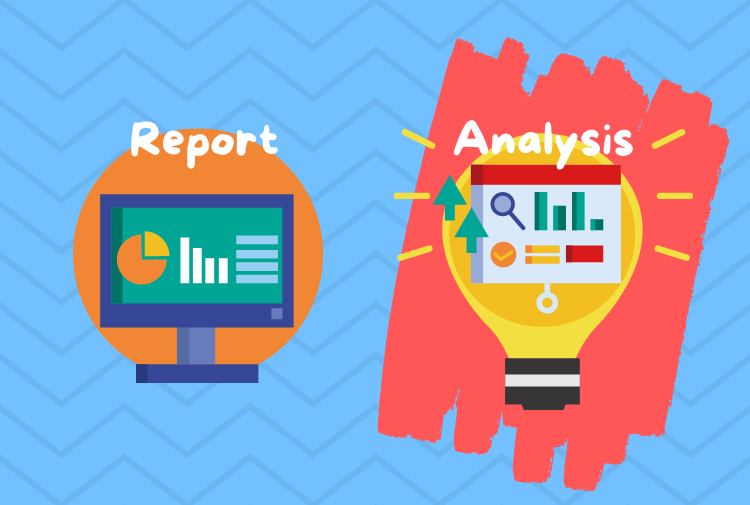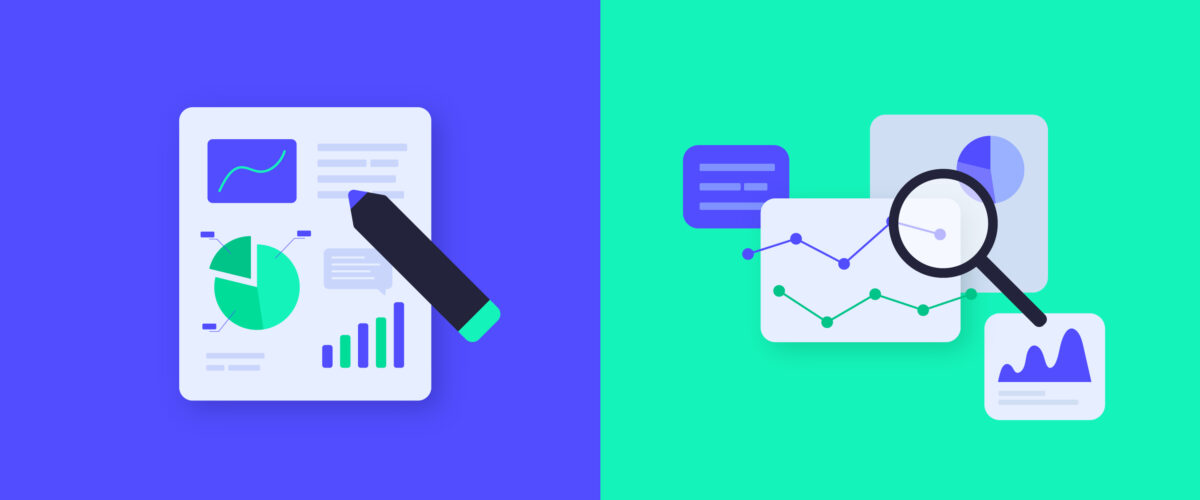In today’s digital age, event management has become a complex task that requires meticulous planning, execution, and evaluation. To streamline this process, event professionals turn to event management software. While there are various features and functionalities that make such software valuable, reporting and analytics capabilities stand out as crucial factors in optimizing event success.

This article explores the significance of Event reporting and analytics in event management software, highlighting how these tools empower event planners and organizers to make data-driven decisions for enhanced event experiences.
Understanding Reporting and analytics in Event Management Software
Event management software equipped with robust Venue reporting and analytics features allows organizers to collect, process, and interpret data from various sources related to the event. These tools provide valuable insights into attendee engagement, event performance, and overall success.
By analyzing data patterns and trends, event professionals gain a deeper understanding of their target audience, identify areas for improvement, and make informed decisions to enhance future events.
Real-Time Data Tracking and Analysis
One of the key advantages of event management software with reporting and analytics capabilities is the ability to track and analyze data in real time. This feature enables event organizers to monitor attendee behavior, session popularity, and other important metrics during the event itself.
With real-time insights, event professionals can make on-the-spot adjustments, such as reallocating resources, changing session schedules, or addressing any issues that may arise promptly. This agility ensures a seamless experience for attendees and maximizes the overall event impact.
Attendee Engagement and Feedback
Reporting and analytics tools play a vital role in measuring attendee engagement and gathering valuable feedback. By analyzing data such as session attendance, click-through rates, and social media interactions, event organizers can assess the level of engagement and satisfaction among participants.
Furthermore, survey features integrated into event management software enable organizers to collect post-event feedback, allowing them to identify strengths, weaknesses, and areas for improvement. This data-driven approach helps in shaping future events and tailoring them to better suit the needs and preferences of attendees.
Performance Evaluation and ROI Measurement
Analytics and reporting tools provide event organizers with the means to evaluate the overall performance of their events and measure return on investment (ROI). By analyzing data related to event registrations, ticket sales, and revenue generated, organizers can determine the success of their event in financial terms.
Personalization and Customization
Modern event management software offers powerful reporting and analytics features that allow for personalized and customized event experiences. By analyzing attendee data, organizers can identify specific preferences, interests, and behaviors, enabling them to tailor marketing messages, session recommendations, and networking opportunities to individual attendees.
This level of personalization fosters stronger connections between attendees, exhibitors, and sponsors, resulting in more meaningful and impactful interactions throughout the event.
Integration with Other Event Technologies
An event management software with robust reporting and analytics capabilities can integrate seamlessly with other event technologies, such as event registration systems, mobile apps, and lead retrieval tools. This integration ensures a smooth flow of data across different platforms, eliminating the need for manual data entry and reducing the chances of errors or data discrepancies.
Furthermore, by consolidating data from various sources into a central reporting system, event professionals can gain a comprehensive view of their event’s performance, attendee engagement, and return on investment.
Enhanced Decision-Making with Data Insights
Reporting and analytics tools empower event organizers to make informed decisions based on data insights. By analyzing attendee preferences, session attendance, and engagement levels, organizers can identify popular trends and topics that resonate with their target audience.
This information enables them to curate relevant content, select appropriate speakers, and allocate resources effectively. With data-driven decision-making, event professionals can maximize the impact of their events and deliver experiences that leave a lasting impression on attendees.
Improved Event Marketing Strategies
Event management software equipped with reporting and analytics capabilities significantly enhances event marketing strategies. By tracking and analyzing data related to email open rates, click-through rates, and social media interactions, organizers gain insights into the effectiveness of their marketing campaigns.
They can identify which channels and messages generate the most engagement, allowing them to optimize their marketing efforts for future events. These tools also enable event professionals to segment their audience and deliver personalized marketing content, leading to higher attendee conversion rates and increased event attendance.
Measuring and Enhancing Sponsorship ROI
Sponsorship plays a crucial role in the success of many events. With reporting and analytics tools, event organizers can accurately measure and enhance the return on investment for their sponsors. By tracking sponsor-related metrics such as booth traffic, lead generation, and brand visibility, organizers can provide sponsors with comprehensive reports and insights into the impact of their participation.
This data-driven approach not only strengthens sponsor relationships but also helps organizers secure future sponsorships by showcasing the value and impact sponsors can gain from their involvement.
Streamlined Event Operations and Resource Allocation
Efficient event operations and resource allocation are key to delivering a seamless event experience. Reporting and analytics tools provide event organizers with visibility into various operational aspects, such as session attendance, room occupancy rates, and resource utilization.
By monitoring these metrics in real time, organizers can optimize resource allocation, adjust session schedules, and ensure a smooth flow of attendees throughout the event venue. This data-driven approach streamlines operations, minimizes bottlenecks, and enhances overall event logistics.
Forecasting and Budget Planning
Reporting and analytics tools also serve as valuable aids in forecasting and budget planning for future events. By analyzing historical event data, including attendee registrations, ticket sales, and expenses, event professionals can make accurate predictions about attendee numbers, revenue streams, and costs.
These insights enable organizers to create realistic budgets, allocate resources efficiently, and make strategic decisions to ensure the financial success of their events. By leveraging data-driven forecasting, event professionals can minimize risks, optimize financial planning, and drive profitability.

Continuous Improvement and Iterative Event Planning
Analytics and reporting tools facilitate a continuous improvement cycle for event planning. By reviewing post-event reports and analyzing attendee feedback, event organizers can identify areas of improvement and make iterative changes for subsequent events.
This data-driven approach allows organizers to fine-tune event elements such as content, session formats, networking opportunities, and overall attendee experience. Continuous improvement based on data insights ensures that each event is better than the last, fostering long-term growth and attendee satisfaction.
Conclusion
In the ever-evolving landscape of event management, reporting and analytics tools provided by event management software are essential for success. From real-time data tracking and attendee engagement analysis to performance evaluation and ROI measurement, these tools offer valuable insights that enable event professionals to optimize their events, enhance decision-making, and deliver exceptional experiences.
By leveraging VenueArc’s comprehensive suite of reporting and analytics tools, event professionals can unlock actionable insights, streamline operations, and continuously improve their events, ensuring that each experience exceeds expectations and leaves a lasting impression on attendees.
